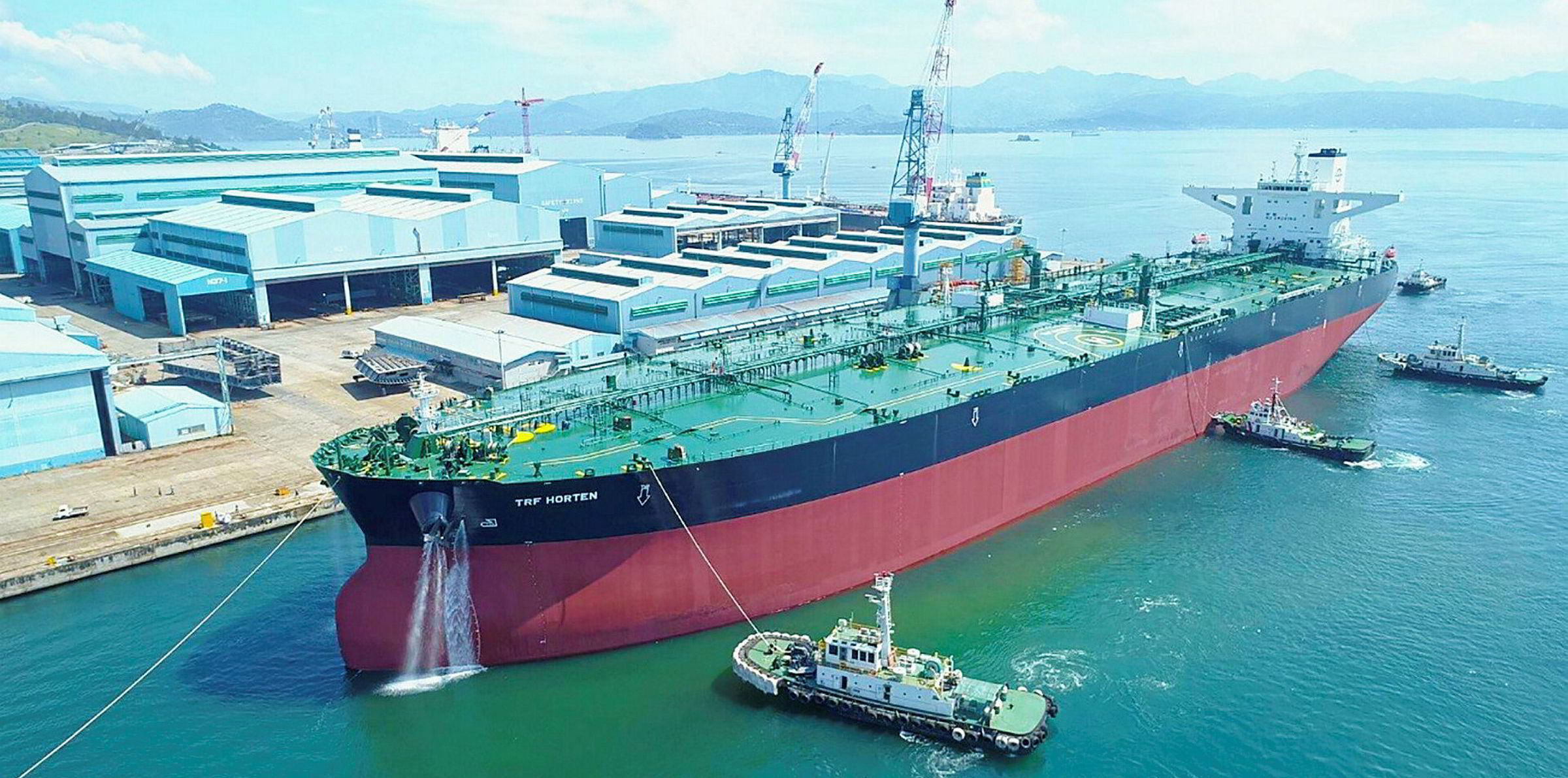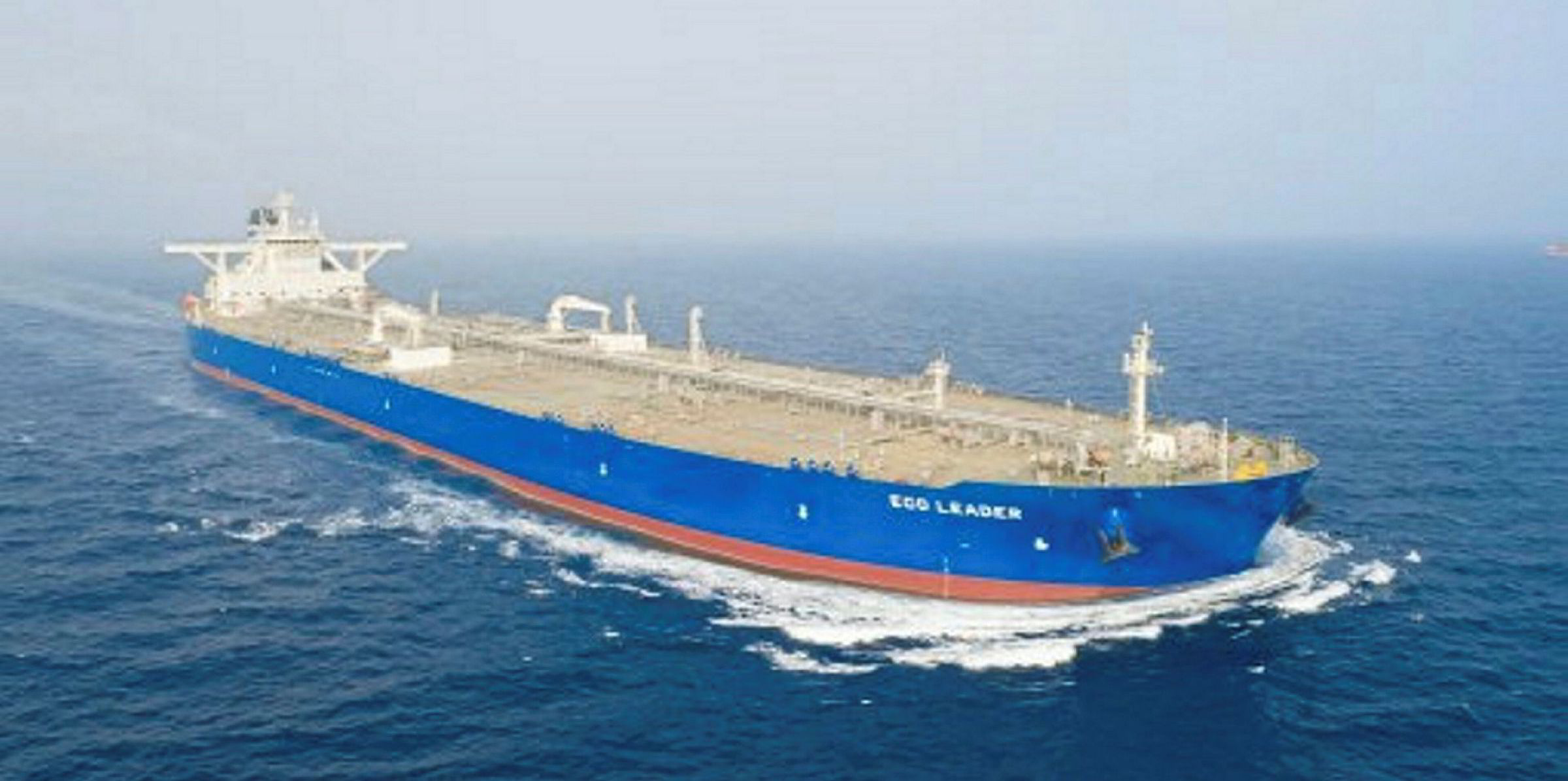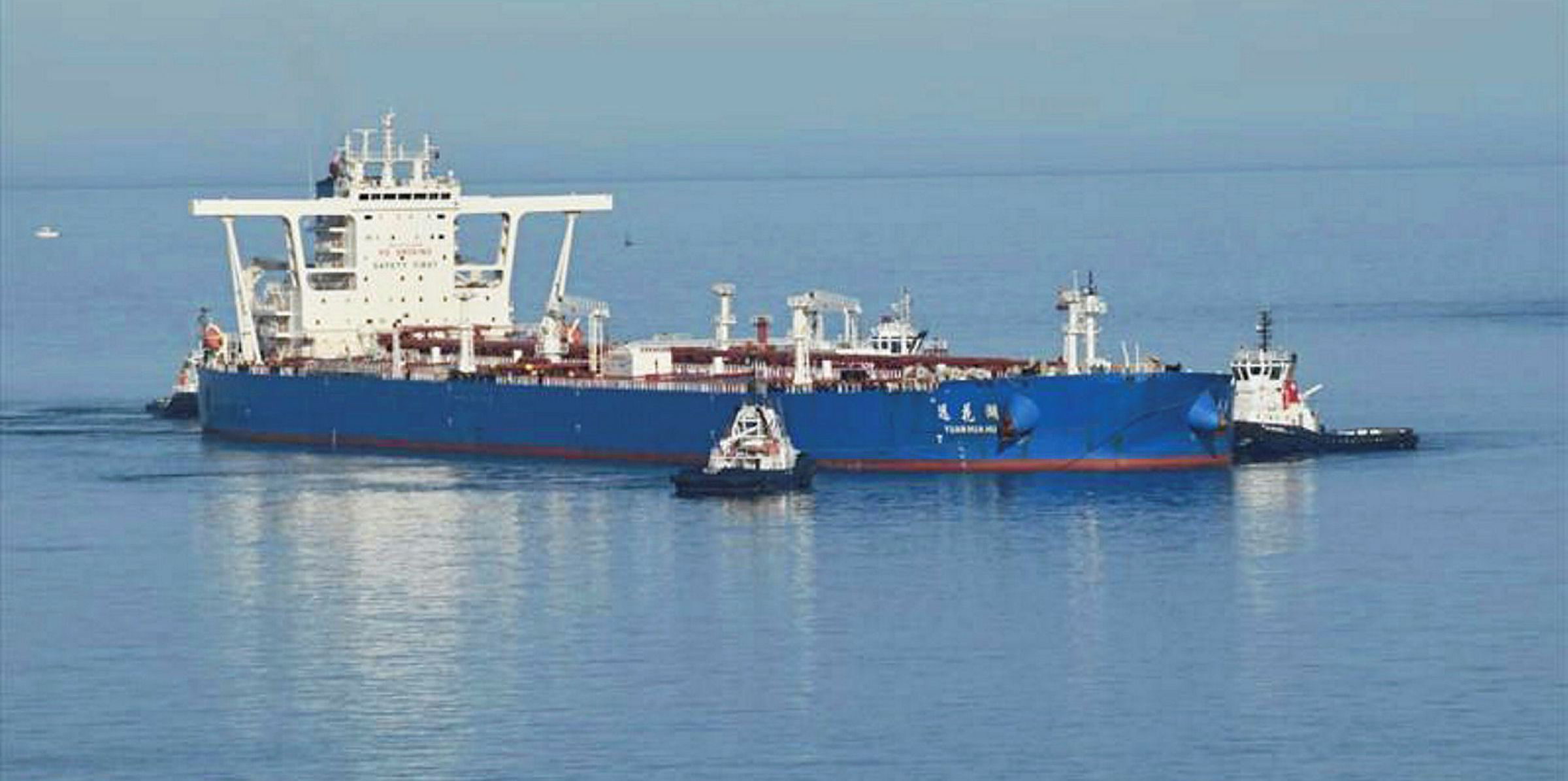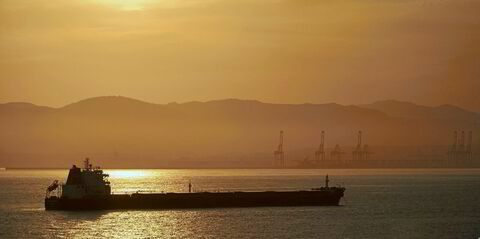Trafigura has reportedly chartered at least six more VLCCs in the period market as the trading giant continues its chartering spree amid improved economics for floating storage.
Brokers reported Trafigura took the 300,000-dwt newbuilding Halcyon from Evalend Shipping at $40,000 per day on a six-month charter, which can be extended by another six months at $15,750 per day.
The vessel is due to be delivered by Hyundai Samho Heavy Industries later this year.
The same owner is also said to have chartered the 299,700-dwt Babylon (built 2020) to Trafigura for four to six months at $37,000 per day.
The 300,200-dwt Seavoice, a Thenamaris newbuilding due in October, was reported fixed to the trader for six months at up to $42,000 per day.
Also, Trafigura chartered the 308,000-dwt Yuan Kun Yang (built 2020) from Cosco Shipping Energy Transportation for six months at $39,000 per day.
TRF Ship Management reportedly chartered the 298,000-dwt TRF Horten (built 2018) to Trafigura for four to six months at $29,000 per day.
Finally, the trader is said to have fixed New Shipping’s 281,050-dwt New Kassos (built 2000) at $25,000 per day for six months.
While it was also reported that Trafigura took the 281,000-dwt Universal Leader (built 2019) for three to six months at the same rate, TradeWinds understands the trader did not charter the vessel.
Industry databases show that the Seavoice, the TRF Horten and the Evalend ships are scrubber-fitted tonnage.
Trafigura declined to comment on the charters. TradeWinds has also approached the shipowners for comment.
Earlier this month, TradeWinds reported Trafigura chartered the 299,999-dwt Eco Queen (built 2016) for six months at $30,000 per day and the 320,013-dwt DHT Peony (built 2011) for three to six months at $35,000 per day.
The busy chartering activity has prompted speculation that the trader will use some of the vessels to store oil.
With the second wave of coronavirus infections in some major economies, the contango in oil markets has widened this month amid renewed demand worries.
Russia, one of the largest oil exporters, has reportedly forecast that global oil demand could fall by up to 10m barrels per day this year.
Some analysts have predicted that more oil firms could find it profitable to charter tankers for floating storage use, and that owners might be incentivised to seek period deals with spot VLCC rates languishing near their multi-year lows due to Opec cuts.
“With concerns about the future of demand pilling up, contangoes in both Brent and WTI [West Texas Intermiediate] futures curves have widened,” said Paola Rodriguez-Masiu, Rystad Energy’s senior oil markets analyst.
“This, together will the tumbling of freight rates, will incentivise floating storage again, removing some pressure from the physical oil market.”






